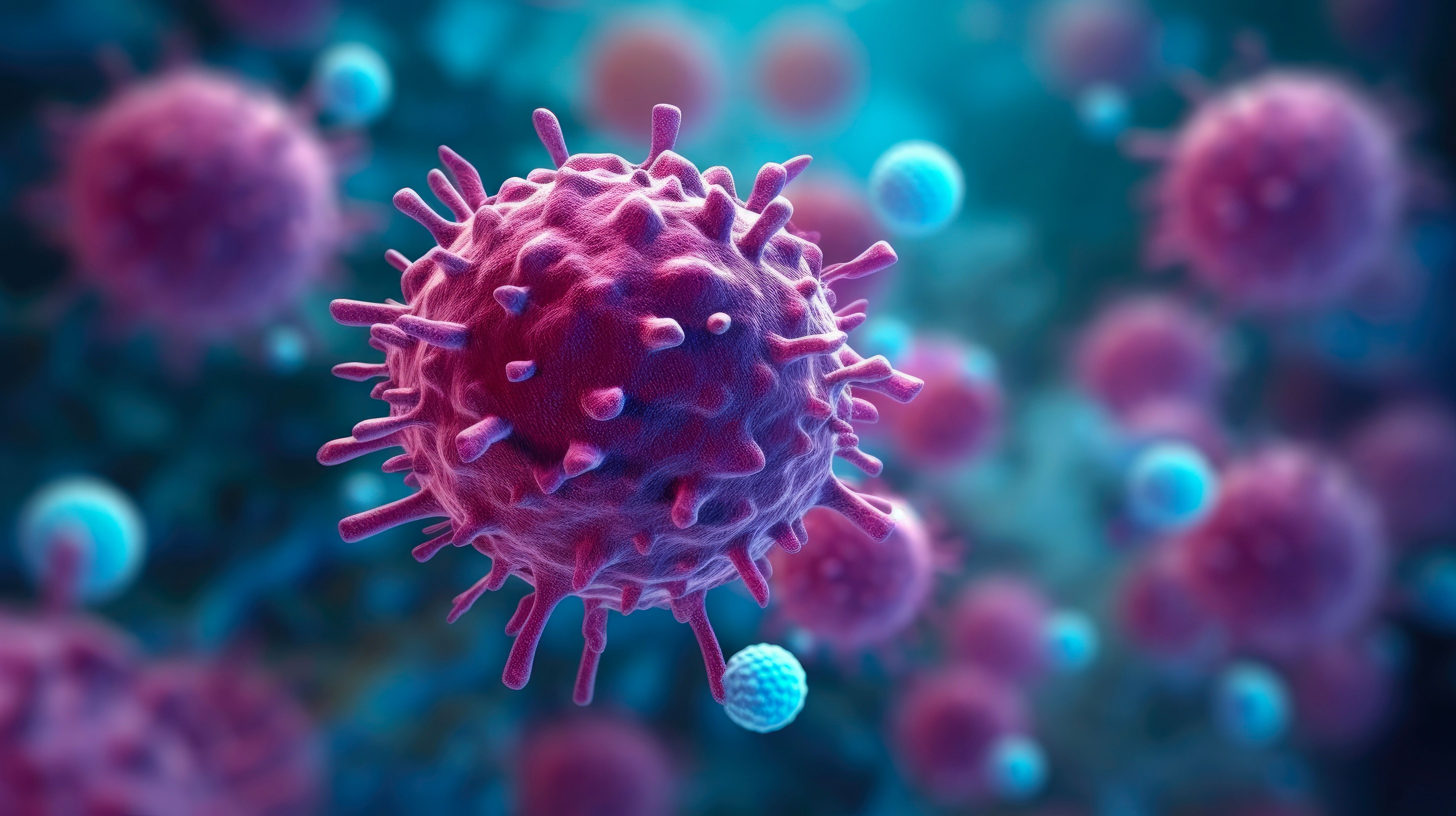Early Phase Trial Shows Promise of CAR T-Cell Therapy for Pancreatic, Gastric Cancers
Satri-cel (satricabtagene autoleucel) showed a promising safety and efficacy profile in patients with gastric or gastroesophageal cancer and pancreatic cancer.
Image credit: AIGen | stock.adobe.com

CARsgen Therapeutics Holdings Limited, an organization working with chimeric antigen receptor (CAR) T-cell therapies for the treatment of hematologic malignancies and solid tumors, provided an update on its study of satri-cel (satricabtagene autoleucel, CT041) at the 2024 American Society of Clinical Oncology Gastrointestinal Cancers Symposium (ASCO GI). The data includes the results of a trial on the dose escalation results of satri-cell for patients suffering from gastric/gastroesophageal (GC/GEJ) or pancreatic cancer (PC).1
"The treatment options for advanced GC/GEJ or PC patients are limited. The data we presented at the 2024 ASCO GI of the Phase 1b ELIMYN18.2 study demonstrated encouraging safety and efficacy profile of satri-cel (CT041), a first-in-class CAR T-cell against Claudin18.2. We will continue to drive the global clinical development of satri-cel and look forward to sharing more data updates on satri-cel in the future," said Raffaele Baffa, MD, PhD, chief medical officer, CARsgen Therapeutics, in a company press release.
Evaluating the safety of and efficacy of satri-cel in patients with advanced GC/GEJ or PC who had progressed or were intolerant of prior systemic therapy, the Phase Ib study utilized a modified 3+3 dose escalation/de-escalation with five dose levels (DLs). DL3 (600×106 cells) was selected as the recommended phase 2 dose (RP2D), and Phase 2 enrollment is currently underway.1
Over the course of the study, 19 patients were treated across three DLs. The safety profile was encouraging, with no severe adverse events reported.
In December of 2023, BioSpace reported that FDA placed a clinical hold on three of CARsgen’s CAR T-cell candidates, including CT041, resulting from an inspection of the company’s manufacturing facility in Durham, North Carolina. Facing setbacks in in its CAR-T product advancements, the company expressed commitment to collaborating with FDA to address findings and ensure the progress and quality of clinical trials.2
“The FDA's feedback did not pertain to process issues. This provides the company with clear areas of observation, helping us improve in a more targeted manner. We are confident that it will be completed soon and will provide the rectification plan to the FDA as soon as possible, maintain follow-up communication and implement rectifications,” said a company spokesperson in a statement to BioSpace.
References
- CARsgen's Presents Updated Research Results on CT041 at 2024 ASCO GI Meeting. PR Newswire. January 19, 2024. Accessed January 19, 2024. https://www.prnewswire.com/news-releases/carsgens-presents-updated-research-results-on-ct041-at-2024-asco-gi-meeting-302038279.html
- FDA Puts Clinical Hold on Three CARsgen Therapeutics CAR-T Candidates. BioSpace. December 15, 2023. Accessed January 19, 2024. https://www.biospace.com/article/fda-puts-clinical-hold-on-three-carsgen-therapeutics-car-t-candidates/